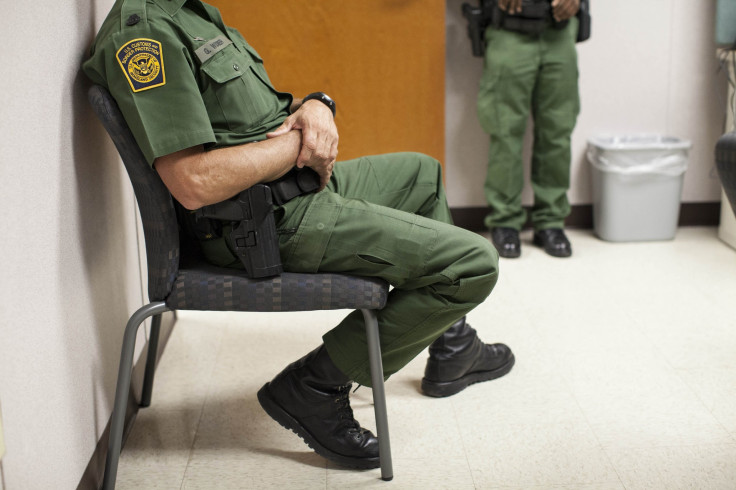Arizona Immigration: Border Patrol Issued Sanctions For Destroying Evidence In Immigrant Case Alleging 'Inhumane, Dirty And Extremely Cold Cells'

U.S. Border Patrol operations in the Tucson, Arizona, sector were issued sanctions Monday for allegedly destroying evidence related to an ongoing civil lawsuit that was brought against the security force by three immigrants in June. A federal judge issued the sanctions, saying that Border Patrol had destroyed video evidence that showed inmates in detention facilities.
“The court concludes the destruction of the videotape recordings made prior to this court's Aug. 14, 2015, order was, at best, negligent and was certainly willful," Judge David C. Bury wrote, according to the Los Angeles Times. U.S. Border Patrol has provided "no explanation why... the defendants did not undertake the efforts" to preserve the video footage.
The three immigrant plaintiffs allege that Border Patrol holds immigrants in cells that are extremely cold and dirty. Inmates are held in those cells for extended periods of time, the plaintiffs allege. Border Patrol has said that the cells are designed for short-term detention and that proper food, water and medical treatment are provided to immigrants while in custody.
Bury ordered the Border Patrol to allow attorneys into the eight detention facilities in the Tucson sector in August, and said then that video evidence of detainees being held could not be destroyed. Border Patrol has said that it went through emergency procedures to get their video recording technology up to date and so that it could be stored for up to 15 days. Those renovations cost $10,000.
"Border Patrol has made, and continues to make, significant progress in implementing the emergency upgrade," an attorney representing Border Patrol wrote in a court document. "Nonetheless, despite these efforts, technical issues and the limitations of the existing digital infrastructure in Tucson Sector have presented challenges that Border Patrol continues to work to overcome."
An attorney for the American Civil Liberties Union, one of the parties involved in the lawsuit, noted that sanctions from a federal judge against a federal agency are rare. "We believe the destroyed video would have shown the Border Patrol failing to follow its policies and subjecting countless individuals, including our clients, to inhumane and unconstitutional conditions," ACLU attorney James Lyall told the Associated Press. "So the court was right to impose sanctions for the agency's deliberate destruction of key evidence."
© Copyright IBTimes 2025. All rights reserved.






















